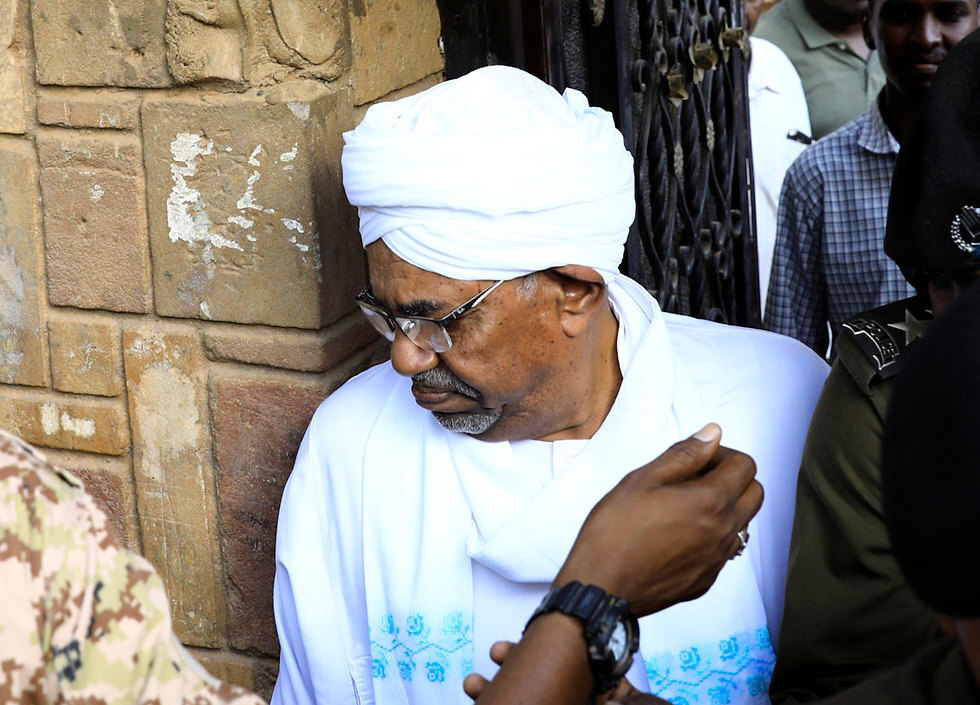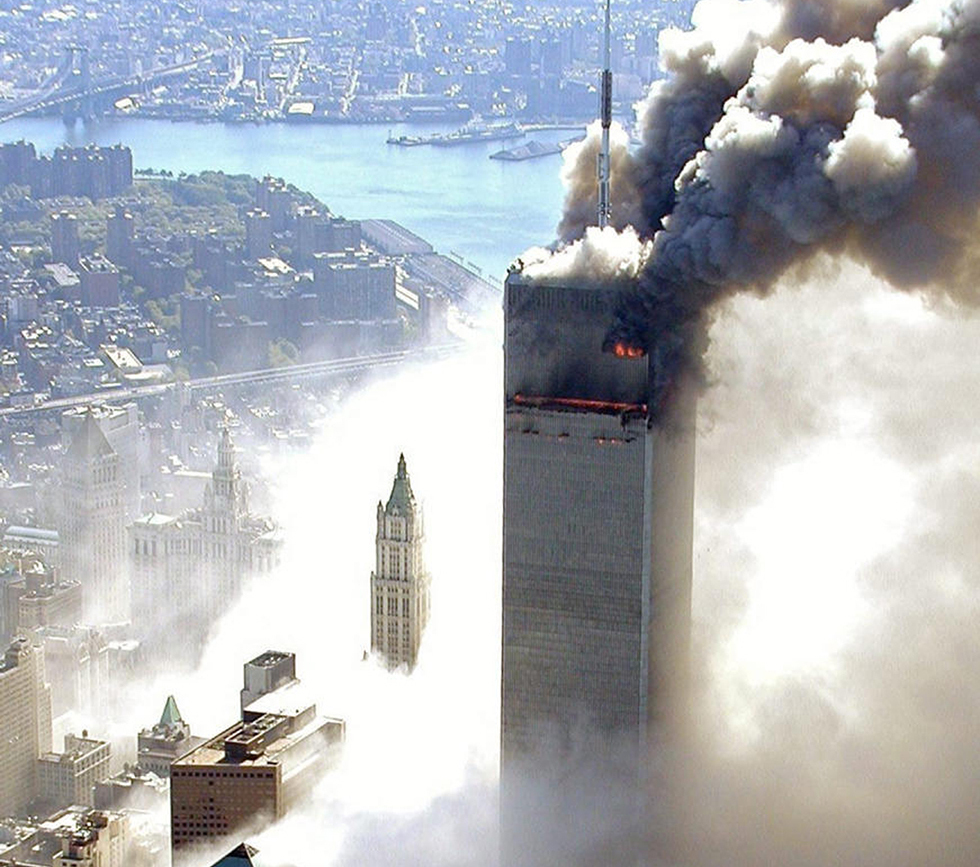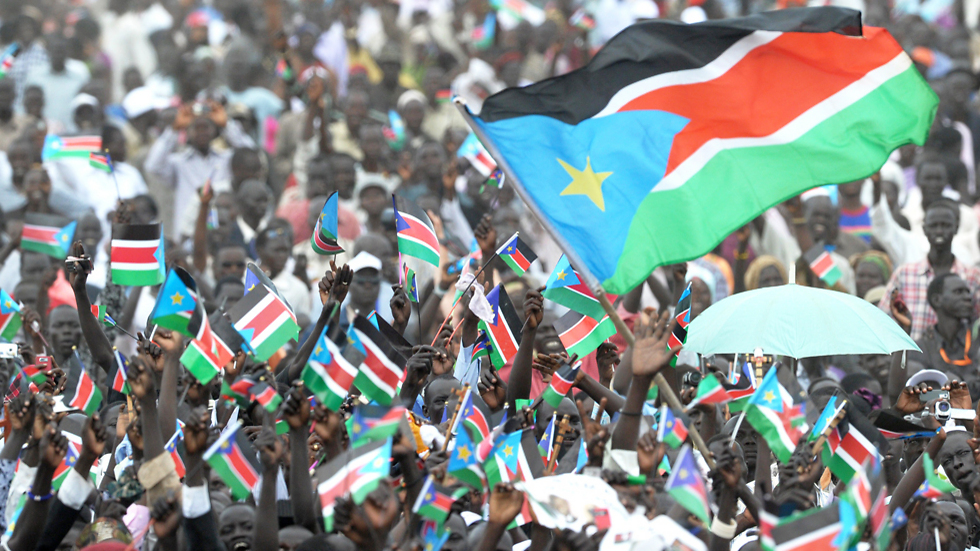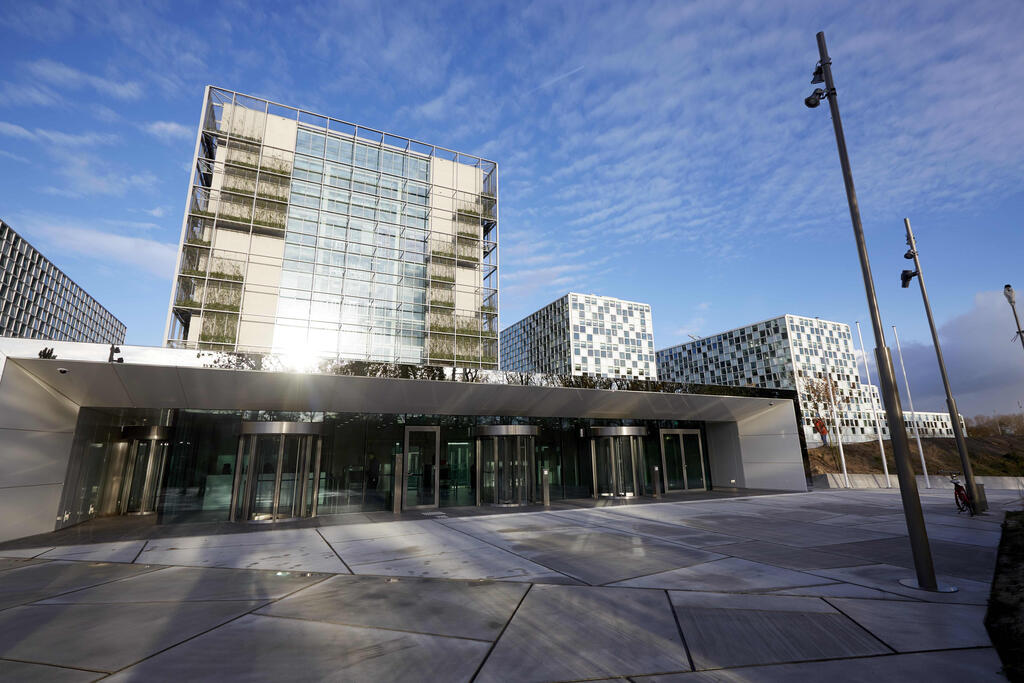Washington once labeled Khartoum a hub of the "axis of evil", but relations between the U.S. and Sudan have warmed since hardline president Omar al-Bashir was toppled last year.
On Monday, the U.S. formally removed Sudan from its blacklist of state sponsors of terrorism as a part of a quid pro quo for Sudan normalizing relations with Israel.
6 View gallery
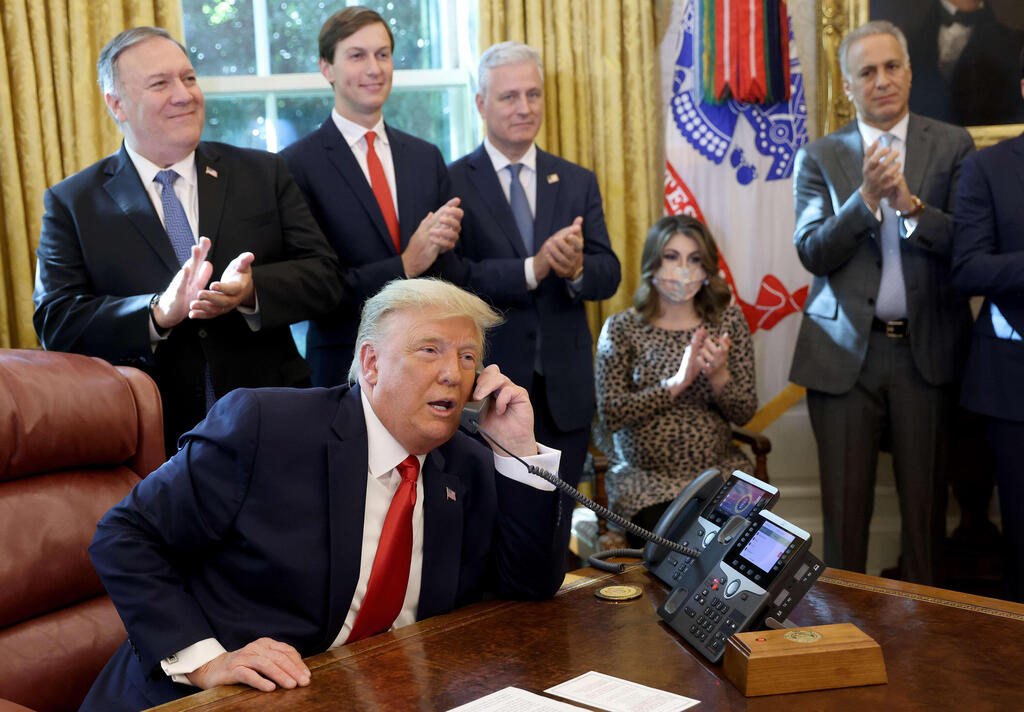

U.S. President Donald Trump announces Israel and Sudan to normalize ties
(Photo: AFP)
The White House said Sudan's civilian-backed transitional government has also deposited $335 million in compensation over Al-Qaeda attacks that took place while Bashir gave its militants safe haven.
This is a recap of Sudan's fractious relationship with the U.S. over the past three decades:
Bin Laden and Carlos
After Omar al-Bashir takes power in a coup in June 1989 supported by Islamists, the country becomes a haven for jihadists, including Al-Qaeda chief Osama bin Laden.
Sudan also hosts Illich Ramirez Sanchez, better known as Carlos the Jackal, one of the world's most wanted men for his involvement in international terror in the 1970s and 1980s.
1993: The U.S. puts Sudan on its blacklist of countries it accuses of supporting terrorism.
1994: Carlos the Jackal is seized in Khartoum by French intelligence agents after Sudan does a secret deal with the U.S. and France.
1996: Washington closes its Khartoum embassy after international sanctions are imposed on Sudan.
An economic embargo follows.
Bombings and 9/11
1998: The U.S. bombs a pharmaceutical plant in Khartoum in retaliation for Al-Qaeda attacks on its embassies in Kenya and Tanzania.
Washington claims the plant is linked to chemical weapons, which Sudan vehemently denies.
2001: Khartoum condemns the September 11 attacks on the U.S. and says it supports the fight against terror.
2003: U.S. and British flags are burned in Khartoum during protests against the U.S. invasion of Iraq.
Carrot and stick
June 2004: U.S. secretary of state Colin Powell becomes the most senior U.S. official to visit Sudan since 1978 for talks on the conflict in the western Darfur region, which he calls a "genocide".
2006-2007: U.S. sanctions are toughened.
2008: A U.S. diplomat and his driver are shot dead in Khartoum. Four Islamists are condemned to death for the killings.
2009: Khartoum hopes for "real change" with the arrival of President Barack Obama, but he takes a carrot-and-stick approach.
2010: U.S. sanctions prolonged.
South Sudan wins independence
January 2011: The U.S. says it is ready to normalize relations if Christian-majority South Sudan can break away peacefully.
July 2011: Both Washington and Khartoum recognize South Sudan on the day of its independence.
September 2011: Khartoum demands to be removed from the terrorism blacklist, but the U.S. says violence in Sudan's Blue Nile and Southern Kordofan states must stop.
Enter George Clooney
March 2012: Washington calls for Sudan to allow humanitarian aid into Southern Kordofan, with Hollywood star George Clooney accusing Khartoum of crimes against humanity.
August 2012: Sudan and newly independent South Sudan clash in oil-rich border zones.
2013: Washington calls Bashir's request for a U.S. visa to attend the UN "deplorable". Bashir is wanted to face trial at the International Criminal Court on charges of war crimes and genocide in Darfur.
2014: The U.S. condemns atrocities committed by pro-government militias in Darfur, and airstrikes on civilians in Blue Nile and Southern Kordofan.
October 2017: The U.S. ends its 20-year-old trade embargo against Sudan, but keeps Khartoum on its terrorism list.
Bashir deposed
April 11, 2019: After four months of street protests, Bashir falls and is arrested by the military.
In December that year, U.S. Secretary of State Mike Pompeo says an ambassador will be sent to Khartoum for the first time in 23 years. Sudan is taken off its religious freedom blacklist.
February 2020: Sudan agrees to compensate the families of 17 U.S. sailors killed off Yemen in an Al-Qaeda attack on the USS Cole in 2000.
A similar deal for the relatives of those killed in the 1998 embassy bombings in Nairobi and Dar es Salaam is also in the pipeline, it says.
6 View gallery
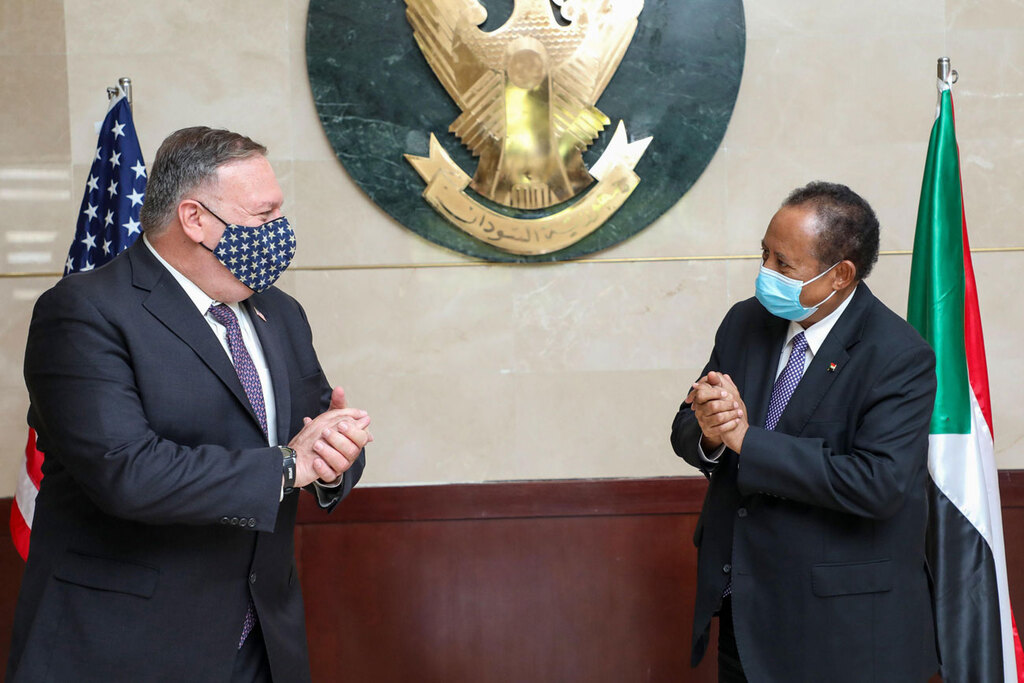

U.S. Secretary of State Mike Pompeo and Sudan Prime Minister Abdalla Hamdok
(Photo: AFP)
General Abdel Fattah al-Burhan, who heads Sudan's transitional sovereign council, is invited to Washington. The same month he meets Prime Minister Benjamin Netanyahu in Uganda.
October 2020: Trump says Sudan is no longer a state sponsor of terrorism as he announces that the country is normalizing relations with Israel.


